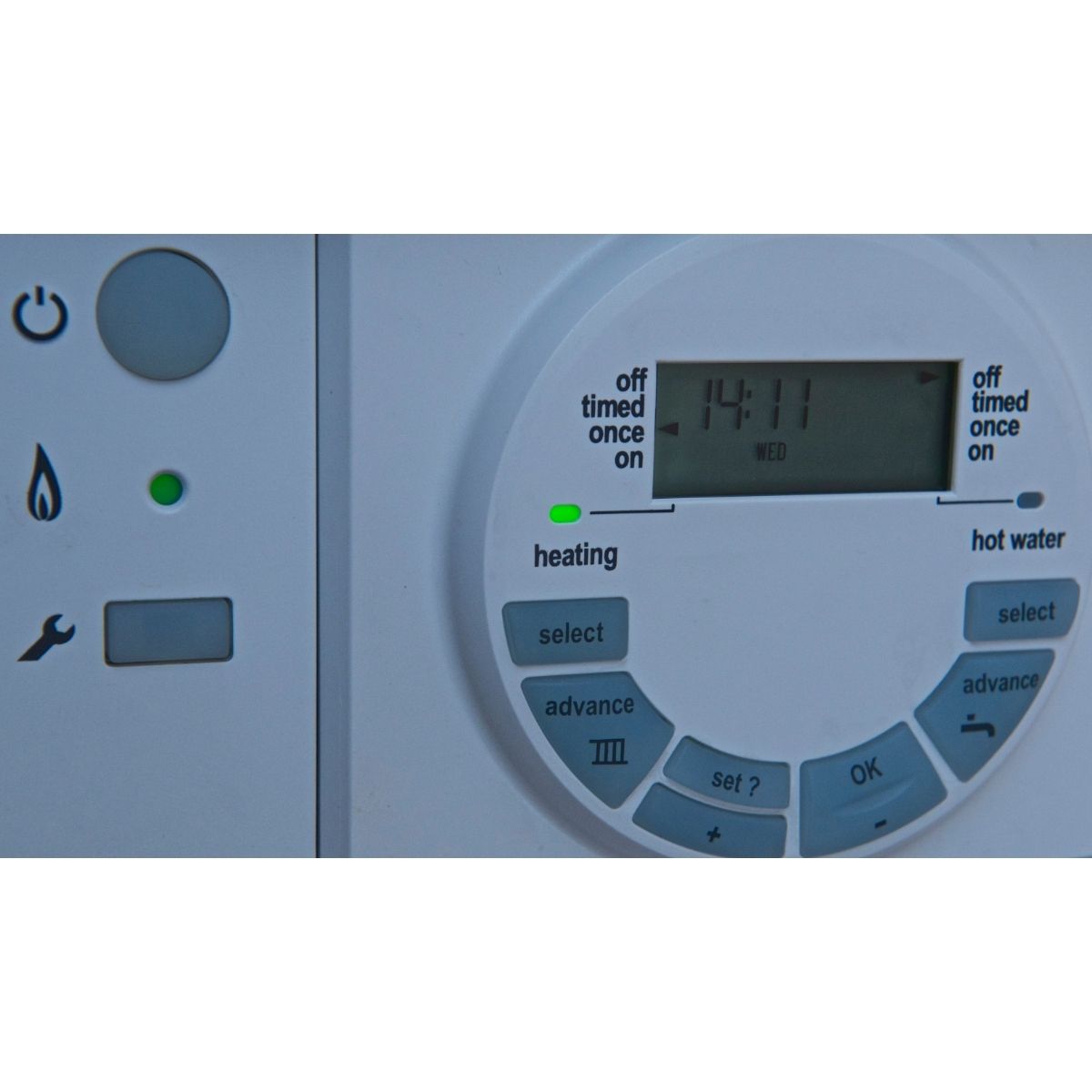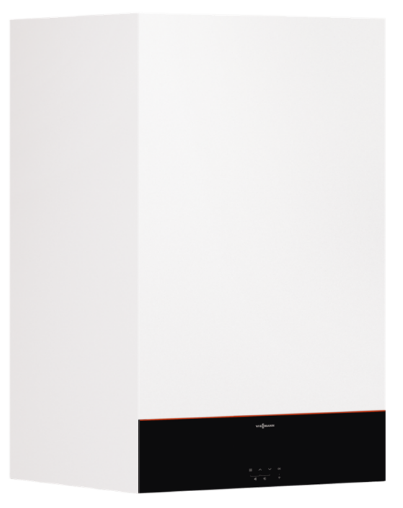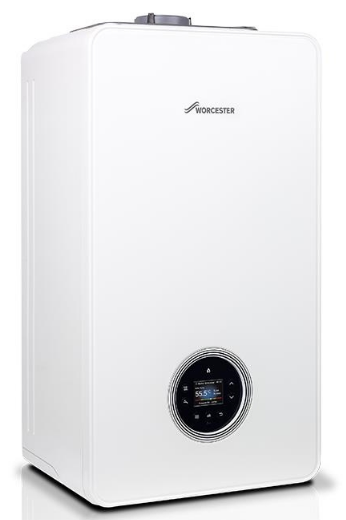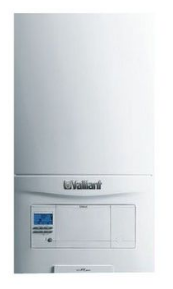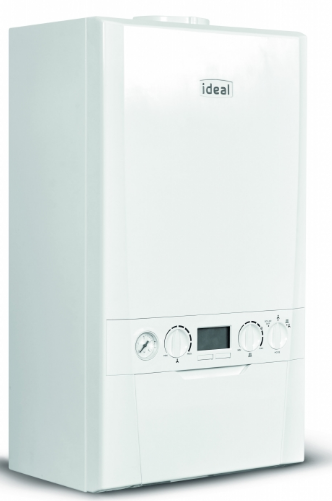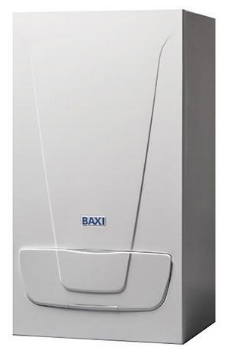Many homeowners are proud of how long they have had their boiler and how much longer than someone else they know. They will normally only replace it when it is beyond repair. Yet this over-attachment can lead to an inefficient and costly boiler to run.
If your boiler is on its last legs, or you’re simply fed up with your old model and fancy an upgrade, then it’s time to start thinking about finding a new boiler.
This can be a big decision, as a new boiler is a significant investment, so it’s important to get it right. In this article, we’re going to give you some tips on finding a new boiler, so you can be sure you make the best choice for your home.
Top tips for a boiler replacement
Top tips for buying a new boiler:
- Set your budget and add 20% on top.
- Decide what type of boiler is best suited for your needs.
- Analyse your family’s hot water requirements.
- Count the number of radiators in your home.
- Check the water pressure in your home.
- Compare boiler warranty length.
- Compare at least 2 quotes from installers.
- Check an installer’s reliability with reviews.
- Decide the best location to put your boiler.
The above summary will be looked into in much more detail below:
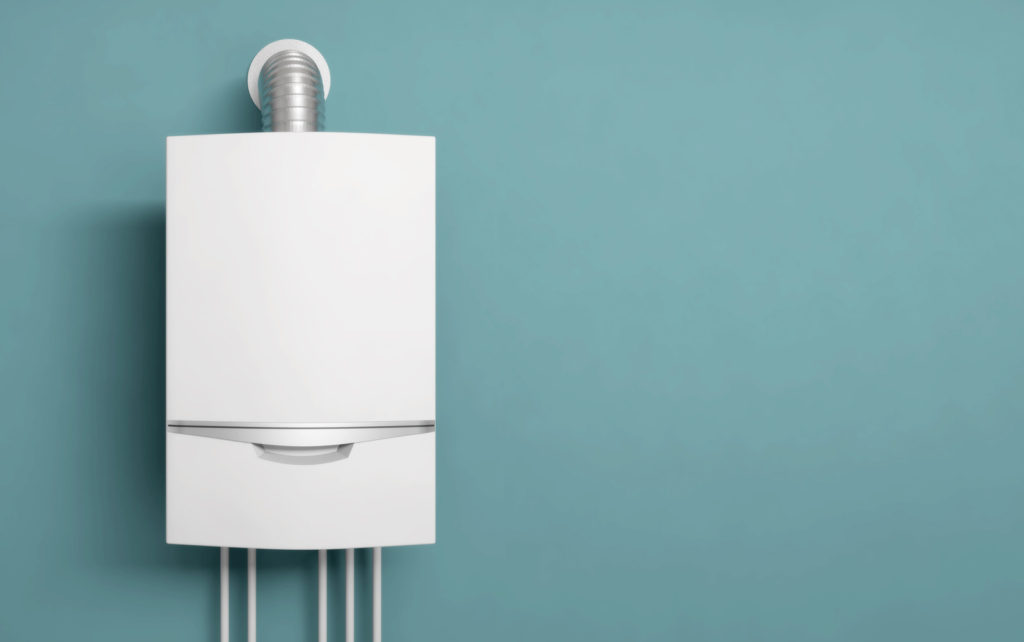
Sometimes, customers pay many hundreds in boiler repairs each time just so it can last a bit longer. But this isn’t the best approach if you want to save money and have peace of mind in the long run.
A modern boiler is designed to operate efficiently and quietly. A new boiler is up to 94% efficient when compared to older boilers that are at 70% efficiency. This is because of modern boiler technology such as flue heat recovery condensing of water vapour which saves you money and does it quietly.
- Find your modern new boiler here
In this ultimate guide, we will take you through all the important steps when choosing a new boiler either as a replacement or as a brand new system installation.
You may not have even thought about some of the factors to consider. Going through all the factors mentioned here will give you a better understanding of what to look for. There are so many brands and models out there.
You shouldn’t let the installer choose your boiler
It is important to learn as much as you can when deciding on a brand rather than leaving it to an installer. Most have some affiliation with a particular brand because they may be accredited with the company.
Or they may find some brands easier and quicker to install than others. But this may not necessarily be the right boiler for you and your needs.
By all means, take their advice but read the information we have given here and ask them how it will be taken into account with the new make and model.
Why finding the right boiler is so important
Heating is by far the greatest percentage use of energy in a domestic UK property bill annually so a high efficiency gas boiler is extremely important to have.
In the UK, every year there are about 1.5 million boilers installed in homes.
Boilers lose efficiency as they age, which means they start using more energy to heat less water and this in turn will lead to higher fuel bills.
As boilers are so crucial to health and comfort, it is vital that the correct one is purchased. Boilers last typically between 10 to 15 years so you want to make sure it’s the right purchase, but apart from this, they are expensive to replace.
The average cost of installing a gas boiler is around £2500 (energy saving trust data) for a straight swap combination (combi). This is where the hot tap water and central heating is heated and sent through the same unit.
If you were to instead opt for system boilers or heat-only boilers using unvented cylinders, the price would increase considerably, up to around £3000.
The average lifespan of a brand new installed boiler is expected to be between 10 and 20 years. But this still includes breakdowns during its lifetime that can reasonably be expected to be fixed.
Picking the right one will provide comfort and peace of mind to you as well as having a positive impact on the planet.

The condensing boiler
It was in the late 1990s that saw the introduction and development of the condensing combination boiler in the UK. These had to be highly efficient (between 89% and 94%) and were a great improvement on boilers up to that point, which were mainly open flue boilers.
Open flue boilers draw air in for combustion from the room they are situated in. These lost up to 40% of their energy up the flue (chimney) rather than sending the heat into the central heating system or hot water taps.
All newly installed boilers in the UK must be condensing boilers according to regulations which came into effect from April 2007. They should have made a huge contribution in reducing emissions from UK homes and helping meet environmental targets.
But the reality has been that the vast majority of condensing boilers don’t achieve their efficiency targets.
Two reasons why condensing boilers don’t meet their efficiency targets:
- Boilers are too big. The boilers are oversized for the property they are installed in.
- Inefficient system. The rest of the heating system including the radiators and the pipework etc are not efficient. So this is where the focus should be on, not only by homeowners but installers as well – to ensure the whole system maintains its efficiency for the lifetime of the appliance.
Problems with an oversized boiler
Although many homeowners think it’s best to have a higher output model than what actually may be needed for daily use, there are a few problems associated with this oversizing:
- More expensive to buy. It makes the appliance more expensive to buy in the first place as the higher output systems cost more than lower output ones
- More expensive to run. They are more expensive to run as they use more gas to achieve the requested temperature quicker.
- More harmful to the environment. Using more gas than required makes it produce more emissions so having a bigger negative impact on the environment.
According to the energy saving trust, it is estimated that the average UK household is likely to save up to 25% of its annual fuel bill if people had the correct sized boiler installed in their homes.
Along with using the controls effectively, this is also a contributing factor. So part of the process is to learn how to use the controls correctly.
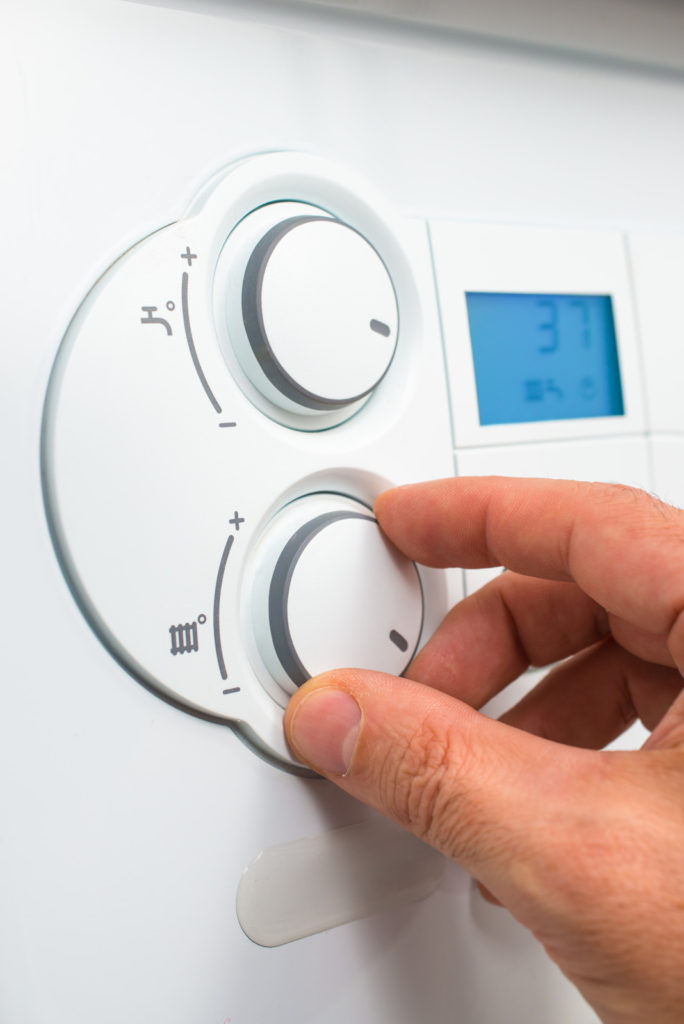
How did the oversized combi boiler issue come about?
Also, when asking for the installer’s opinion, the engineer is likely to choose a higher output model simply because they don’t want complaints. A customer later on might say that the boiler is too small, probably because occasionally there may be a high demand for hot water, albeit for a short period.
The average three-bedroom house with a boiler that needs replacing will have a heat-only or system model between 18 and 24kW.
Buyers looking for a new appliance will automatically direct towards the combi with its space-saving and less expensive costs. But as mentioned earlier, combis only start from 24kW so immediately it creates an oversizing issue.
Another problem with oversizing is that it makes the boiler short cycle on central heating. Modern boilers generate heat quickly and efficiently, but that heat needs to dissipate out just as quickly.
This is mainly through radiators, pipework, underfloor heating, etc. However, if the heat output and temperature are reached quickly and rise higher than the system can handle, the excess heat will lead to overheating within.
To prevent any damage, the appliance temporarily switches off for a few minutes allowing it to cool down. Short cycling is when the boiler repeatedly cycles between on and off and this can easily happen with an oversized model.
It is not only inefficient and costlier to run but adds stress to it and to the rest of the heating system, shortening its working life.
From this, we can see that the boiler we’re looking for is one that can run at its lowest temperature for the longest time without having to shut itself down to cool down. This saves on fuel bills and helps extend the boiler’s life span.
Boiler size is actually measured according to output in kilowatts (kW). As a general rule, a small or medium sized home with up to 10 radiators could use a 24-30 kW model. A larger home with up to 20 radiators may need a larger 35-42 kW model.
However, size is dependent on many other factors too. You should also think about the number of people living in your home and the type of property it is (terraced, semi-detached, etc.). Also, how well is it insulated, and how old is the building?
Poor system design
Boiler cycling causes slow heat-up times and may indicate a poorly designed or installed system. For example, all boilers require a minimum water flow rate through the heat exchanger (the main heating component) to dissipate the heat.
If the circulation pump or flow and return pipes are undersized, there will be insufficient volume flow through the appliance causing it to overheat, shut down and cycle!
So you may want a high kW boiler, but the pipework system in your house also has to be large enough in diameter to cope with it.
What type of boiler should you look for?
So how do we go about choosing the boiler for the type of property we live in? There are many types and models of boilers out there and this means it can be difficult to find out which one is best suited to your home.
So before we even discuss whether a Vaillant or a Worcester Bosch or Baxi is the best one, we first need to look at which type of boiler is most suitable for your home.
There are three main types of gas boilers in use in the UK:
1. Combination (‘combi’). This is both a high-efficiency water heater and a central heating boiler in a single unit. Combi boilers heat water directly from the mains water supply when you turn on a tap, and give you instant hot water.
2. System boiler. This type heats the central heating system and produces hot water to be stored in a cylinder. It works like a conventional boiler in that it needs to store the hot water it produces, but unlike conventional boilers, it takes the water supply directly from the mains.
This makes it much more compact than regular boilers but still able to deliver a high volume of domestic hot water.
3. Heat only or regular boiler. A heat-only type only provides heating and requires two tanks in the loft and a hot water cylinder to run effectively. The first tank is the cold water tank, it fills with water from the mains supply and this water is heated in the hot water cylinder to supply the taps.
The second tank, sometimes known as the feed and expansion tank, will bring in cold water to maintain the water level within the central heating system.
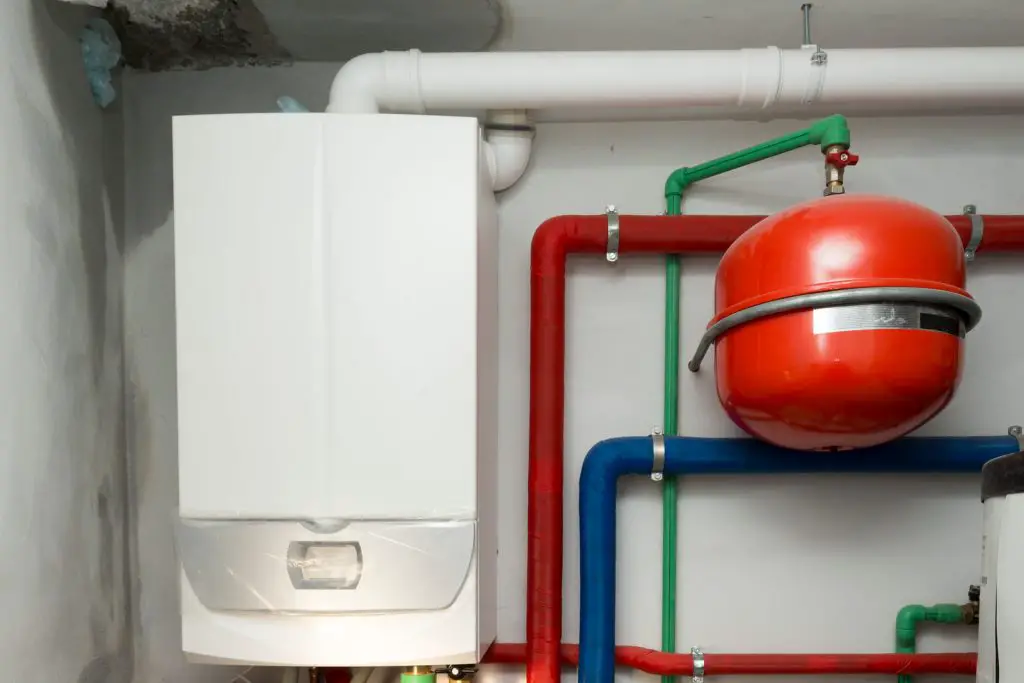
So which is the right type of boiler for you?
The combi is the most common type now sold in the UK and for good reason: They heat the water on demand as required and reduce the loss of energy that occurs with storing hot water in a cylinder that may or may not be used later on.
As they don’t require a storage cylinder for the hot water or any feed systems in the loft, they also save a considerable amount of space in a home. This extra space can be put to better use for other things.
They are also generally a cheaper option than the other systems on the market, even though they have the most functioning parts within them.
Advantages of the combi
These are the ideal option if you have only one bathroom and two or maybe three bedrooms in the house. The other benefit of it is that it gives a greater pressure at the taps than you would get from a heat-only boiler with a vented cylinder. This is because the water is piped directly from the mains supply.
This aspect of choosing a boiler can be puzzling for most homeowners. They tend to go for the biggest option they can afford, thinking that the power is there if it’s ever needed. But combi boilers range in size anywhere from 24kW to 50kW output.
What size boiler do I need?
A small apartment or flat with a couple of bedrooms and one bathroom would be fine using a boiler up to 28kW output. It can save on the cost of having an unnecessarily large appliance.
A medium-sized house with 3 or 4 bedrooms and one bathroom would require something up to 35kW. While a large house with more than one bathroom would really only work with a model in the higher output range up to 50kW.
The other factor to consider is the demand for hot water, as obviously you can have a small to medium sized house but with more occupants than the average. A correctly sized boiler that has sufficient output is required for the hot water flow to cope with the demand for the water flowing to the taps.
Drawbacks of the combi
A drawback of the combi is its inability to cope adequately with demand from more than one shower and hot water tap at the same time. They are not very good at this simply because too much water needs to be heated up for both requirements. A combi, with its lack of hot water storage space, doesn’t suit the water flow rate well enough.
Combination boilers are especially not suitable if you have a power shower in your home. As the shower works with a built-in pump to boost water pressure, the additional pump can cause excessive pressure when paired with a combi boiler. The pump is not able to accommodate the pressure increase from the mains supply and this could cause water leaks.
Another problem is that they pull water through the appliance too quickly for it to heat up properly. The solution to this scenario is the heat only or system boiler with an unvented cylinder rather than a combi.
For example, if you have two shower rooms which will be used at the same time frequently, these type of boilers is what you will require. Not a combi, especially if you have a power shower that you’re not willing to stop using
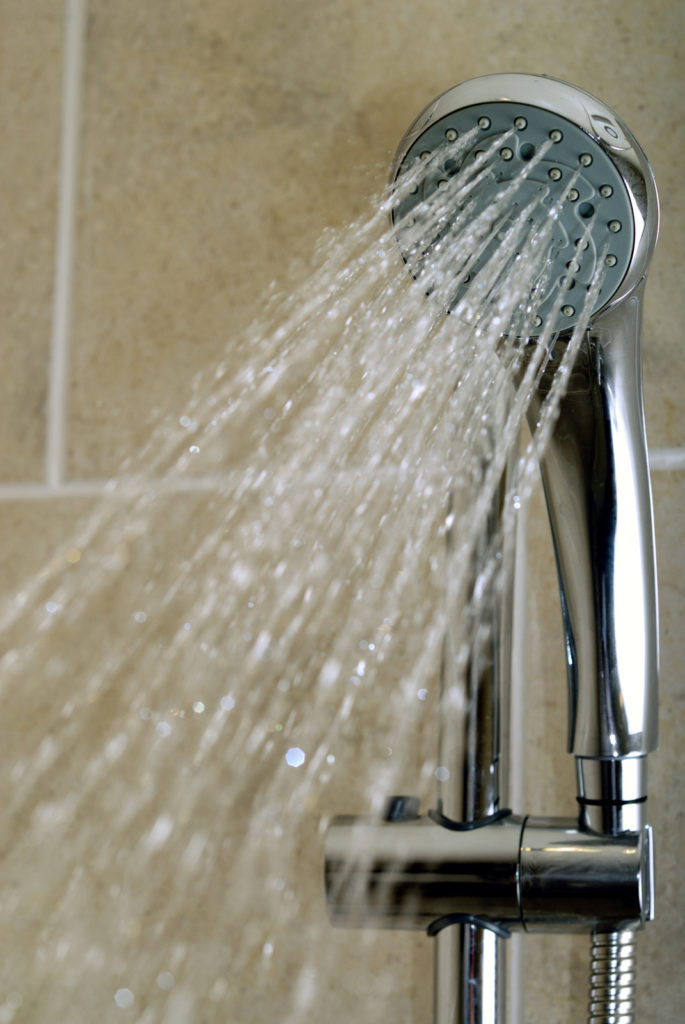
Main factors to consider when buying a new boiler
Budget
This is obviously one of the most important considerations and will hugely affect the type of boiler you end up purchasing. If the need for a replacement has come up suddenly due to an irreparable breakdown of an old product, you may be tempted to go for the cheapest one available. But there is likely to be a higher long-term price to pay.
While the cost of a cheaper model may look attractive in comparison to a high end product, if you can afford it, do not overlook the overall lifetime value of a more expensive product. See it in terms of ongoing savings in bills, maintenance, and repair costs and longevity of the product itself.
Many companies now offer 0% finance on your new boiler costs and pay for them in instalments over a period of time, usually up to 3 years.
Hot water requirements
This is an important consideration if you have a large or growing family or your home has more than one bathroom. A combi may have trouble supplying sufficient hot water, because the water is heated when required rather than heated beforehand and stored in a tank.
If you’re going for a combi, look out for its capability expressed in terms of how much water it can heat per minute to a certain temperature. For example 11 litres per minute at 35⁰C rise. The larger the amount of water in can heat in a minute, the better for you.

Number of radiators in your home
This is a key factor that affects the size of the boiler you will need. A small number of radiators means you won’t need to overspend on a high output model and will save you money.
But if you have a large house with something like twenty radiators, you will need a high output combi or even better, if you have the space, opt for a system boiler
Other factors to consider for new boilers
Do you have good enough water pressure in your area?
It’s important to make sure that your mains supply can deliver an adequate water flow rate and pressure before choosing a combi boiler. Some cannot produce enough pressure on their own.
If not, it may not be the best type for your household and instead, you could opt for a conventional boiler that isn’t affected as much by low pressure. To find out what the water pressure is in your home, call your water supplier or ask a plumber to check it with a water gauge tool.
To find the relevant information for a particular boiler, check the maximum flow rate information provided by the its manufacturer as in the following example:
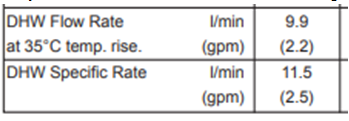
Would you prefer a bath to a shower?
The bath would need filling up quite quickly so you should opt for higher kW output. But remember the hot water flow rate, it needs to be in the higher range, say above 10litres/minute.
This also ties in with how much water pressure is in your area. If the mains supply can only handle 10 litres of water per minute, there isn’t much need to buy a boiler with a much higher flow rate.
Where is your property situated?
If you live in a mid-terraced house, you may find that it holds heat much better due to being surrounded by other properties on either side. This could mean you need a smaller output model.
Regular servicing is needed
Remember, you will get the best out of any boiler if you have it serviced every year by a qualified engineer, especially if they’re trained or accredited by the manufacturer of your particular make and model.
They have been given specific training to get the appliance working as efficiently as possible, saving you money.
Are the radiators balanced?
This isn’t something many people are aware of but a poorly balanced heating system can make your energy bills much higher than they need to be. This is because radiators in different areas of the house aren’t heating up at the same time or they aren’t getting to the same temperature.
This means that you might be unnecessarily turning up the thermostat or forcing the hot water pump to work harder.
One sign of a poorly balanced system is if certain parts of your house get really hot while other parts stay cool. During the installation of the new boiler or during the service procedure, inform the engineer if you have this issue and they will see it’s rectified.
Boiler controls
Another important factor is the efficiency of the boiler controls including their use by the customer. Modern boilers can vary their output up and down to accommodate the varying temperatures. A boiler with an advanced heating control option are convenient and help you save money.
These are forms of ‘modulating’ control that will reduce the output of the boiler from its maximum down to, say, 2kW during spring and summer. This means it will run efficiently at the right output required by your home all year round. This is very efficient, but only when they are synchronised with controls that speak the same language.
The most efficient way is to go with the manufacturer’s own controls or controls that work well with them, for example on the OpenTherm system. Look out for this when purchasing a boiler.
Checking your heating controls and making small changes will save you money and reduce the impact on the environment.
Smart thermostat controls
Through increased visibility of your energy usage with these types of controls, you can take control of your home’s energy bills. Smart thermostats connect your heating system to the internet – letting you change the temperature or switch your heating off or on via your smartphone or other device when you’re out of the house.
Examples include ‘Nest’ from Google or the ‘Hive’ from British Gas. They’ll save you money if your daily routine isn’t set, such as coming home at different times of the day because you’ll be able to switch the heating on and off remotely to suit.
You won’t really need them if you have a set routine of work or in this day and age, working from home as you can manually turn the heating on or off yourself.
At a cost of around £150 to £300 each, you need to make sure they will actually help save money or is it just to look good?

Weather compensation
If you want to go the next level in efficiency and save even more, you will want to pair the boiler with an advanced heating control that can adjust the output to suit the outside temperature.
This is really just an outdoor sensor that sends a message to the appliance controls when the outside temperature drop,s and the boiler then automatically operates at a higher temperature.
This means the radiators are adjusted for the heat lost through the walls and windows and so the room temperature is maintained without you having to do anything. It will automatically achieve the desired room temperature for all outside weather conditions.
With a normal room thermostat, it isn’t until a later stage – where the heat has already been lost through the walls and windows and the room temperature drops. This is when it signals to the boiler to come on and then work harder.
Sludge and corrosion in the heating system
Even if you intend to buy the best possible boiler and radiators, if not looked after correctly, they will soon not perform to the requirement resulting in a lot of money going to waste. Without adequate water treatment a boiler can suffer from scaling and corrosion that could affect its efficiency.
Little attention is paid to system water and how it affects the performance, even by engineers, until it breaks down. When they take a look at the condition and then advise to ‘get a new boiler’. This scenario can be avoided or at least delayed significantly by having the appliance serviced annually and as part of that, to check the system water.
Only recently has a water check been added to the service benchmark scheme. This is where a measure of the water pH level is done to see if any inhibitor needs to be added or replenished. You may still find that not all engineers carry this out so politely point this out.
Why some boilers are more expensive than others
There is such a big difference between some makes and models of boiler that it leaves customers wondering what causes this variance. The following are some of the factors involved and you may want to look out for these when given a price:
Quality heat exchangers
These come in aluminium or stainless steel and the benefits of stainless steel heat exchangers are widely known as they are greatly resistant to corrosion. This is very important when you have water flowing through them constantly. It also means those boilers are more expensive than the ones with aluminium.
Longer warranties
Cheaper boilers tend to break down more frequently and also usually come with shorter warranties. Although this is not always the case, you should, however, be mindful of this. You may be able to extend some warranties by using a manufacturer-approved installer and also when servicing the boiler annually.
Lower noise
Part of the reason some boilers are more expensive is more research and cost has been put in by the manufacturer to produce quieter machines with design features to reduce noise. With an appliance ready to come on at any time of day and night, a quieter boiler is certainly more welcome.
Availability of spare parts
With millions of boilers installed in the UK, access to spare parts is key when needed urgently, especially in the winter months.
The leading manufacturers tend to have close partnerships with local stores stocking their brand parts resulting in boilers being fixed sooner instead of having to wait for the manufacturer delivery.
These relationships can also contribute to higher costs of a boiler
Best gas boiler brands
There are many brands in the UK, some of which are owned by others in the same market. It may be fair to say there is no one brand that has everything: quality, longevity, efficiency and price. Each has its pro and cons.
Below are the best performing brands as picked by customers and boiler engineers. Click on the images to find out more from BoilerCentral.com
Viessmann
One of the biggest boiler manufacturers in continental Europe and with good reason. Their quality of parts used and efficiency is renowned over the continent, and starting to break through to the UK market. Their best selling boilers are the Vitodens 100-W and Vitodens 200-W.
Worcester Bosch
Probably the best known UK boiler brand and agreed upon by customers and engineers alike. Their most famous models are the CDI and the Greenstar25I or 30I. They offer long warranty periods which shows confidence in their products.
Vaillant
Has a good history in the UK with a reputation for building quality boilers and reliability. They are famous for customer service and have been voted as a Best Buy time and again. Their best selling boilers are the ecoTEC and ecoFIT.
Ideal
A British based boiler manufacturer who’s newer range of boilers – the Logic and Vogue compete well on efficiency and reliability. They are gaining a larger share of the British market due a high number of low priced boilers.
Baxi
Is a well known company due to their long history in the UK. Baxi has a large range of boilers to suit all house types and produce boilers under other brand names as well, such as Potterton and Main. Popular models are the 200, 400 and 600 combis.
How to compare boiler quotes and jobs
It may seem straightforward to go onto a boiler website and get a price. But there are a few points to make sure the information you enter is correct and consistent, as this can greatly affect the quotes you get. Entering inconsistent details may mean you pay more than you should.
All sites will ask for some basic details such as the type of heating you have currently, the type of home you live in, and what make and model you have currently. And your address details.
Once details are entered, you may be given a quote there and then but most likely you will be contacted by phone. This is to get some more precise details or to arrange a home visit by an engineer to price up the job.
Video call quote
In the current climate, you may receive a video call instead. Here you will show the representative the number of rooms in your property so they can size up and see the location of the boiler required. They should all be gas safe registered engineers and if in doubt, you can check the company details or registered engineer details on the Gas Safe website.
The best way to compare quotes is not only on price but the make and model of the boiler offer in terms of their power and size. What is included in the price? Chemical flushes, filters and thermostats? You should also look at the length of warranties available as these can vary and by checking out all the features to look out for mentioned in this book.
Once you have chosen a quote, a date will be arranged to install the new boiler. On that day, make sure to clear the area around it so they have easy access and make sure if it’s in the loft, there is easy and safe access to it.
Depending on the type, it could take up to 3 days for a new boiler to be fitted, if a new water tank or cylinder is required. If it’s a like for like replacement though, without needing a change of pipework, this can usually be done in one day.
How the gas engineer surveys the boiler job
If a surveyor comes to price the job in person, there are a number of things they will need to check to make sure the one to be installed is the right one for your needs and your property. So look out for them during the inspection, as well as checking rooms and radiators.
One of the main considerations is the water flow rate in the property. Using a water flow measuring cup, the surveyor should be able to gauge the best size of output for the property. And it’s not necessarily the bigger the better. It’s no point getting a high kW output model if the water flow isn’t sufficient to begin with.
Location of the boiler
Also how far away the gas pipe is from the location, so if a bigger boiler is going in, will the gas pipe need to be updated? And will this even be possible because sometimes an obstruction may not allow a bigger pipe or the space is too small.
There have been cases where a bigger boiler has been installed but the gas pipe can’t handle the extra gas flow used by the appliance. The surveyor will check the gas pipe run from the meter to the appliance from what can be easily viewed.
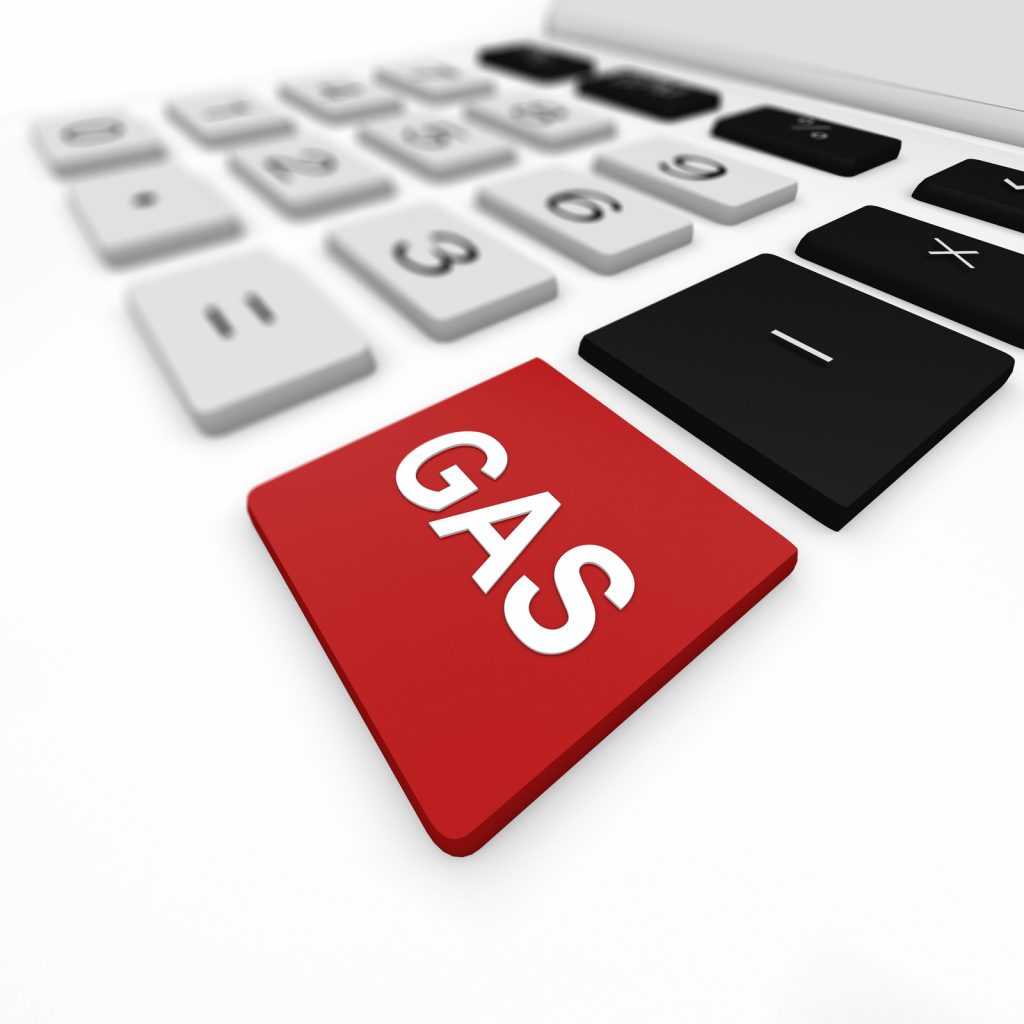
Once installed, make sure the new boiler is registered to activate the warranty. Either the installer will do this or you may have to register it yourself. In most cases, the warranty is only valid if it is serviced once a year, again by a gas safe engineer so factor this into the price too. Your appliance will last a long time as long as its maintained properly and regularly.
Summary
To find the best boiler for you, consider these top tips: Know your budget; figure out what your family’s hot water requirements are; add up all the radiators in your house; compare the best boiler brands and check their warranty lengths, and make sure to get at least 2 quotes from different installers.
If your boiler is on its last legs, or you’re simply fed up with your old model and fancy an upgrade, then it’s time to start thinking about finding a new boiler.
This can be a big decision, as a new boiler is a significant investment, so it’s important to get it right. In this article, we’re going to give you some tips on finding a new boiler, so you can be sure you make the best choice for your home.
The first thing you need to think about is what type of boiler you want. There are three main types of boiler – combi, system and regular – so you need to decide which one is right for your home. Combi boilers are the most popular type, as they’re compact and easy to install, and they don’t require a separate hot water cylinder.
System boilers are a good choice if you have a large household, as they can provide enough hot water for multiple uses at the same time. Regular boilers are the most traditional type, and they work well in homes with more than one bathroom.
Once you’ve decided on the type of boiler you want, you need to think about the size. Boilers are available in a range of sizes, so you need to choose one that’s big enough to meet your hot water and heating needs, but not so big that it’s unnecessarily expensive to run.
It’s also important to think about the fuel type. The most common fuel types for boilers are gas and oil, but there are also electric and renewable options available. Gas is the most popular choice, as it’s relatively cheap and easy to use, but oil and renewable options are becoming more popular as prices rise.
When you’ve decided on the type, size and fuel type of boiler you want, you need to start thinking about cost. Boilers can vary widely in price, so it’s important to shop around and get a few quotes before you make a decision.
It’s also worth bearing in mind that the initial cost of the boiler is only part of the story – you also need to think about the running costs, as this can make a big difference to your overall bill. Finally, you need to think about installation. This is something you can do yourself if you’re handy around the house, but it’s usually best to leave it to the professionals.
Installation costs can vary widely, so it’s worth getting a few quotes before you make a decision. When you’re thinking about finding a new boiler, these are the main things you need to consider. By taking the time to think about your needs and doing your research, you can be sure you find the best boiler for your home.
By now, hopefully, you have a much better understanding of the factors involved when choosing a new boiler. If you can grasp this information, it will make your choice much easier and stress free. It could also save you money in many ways for years to come.

